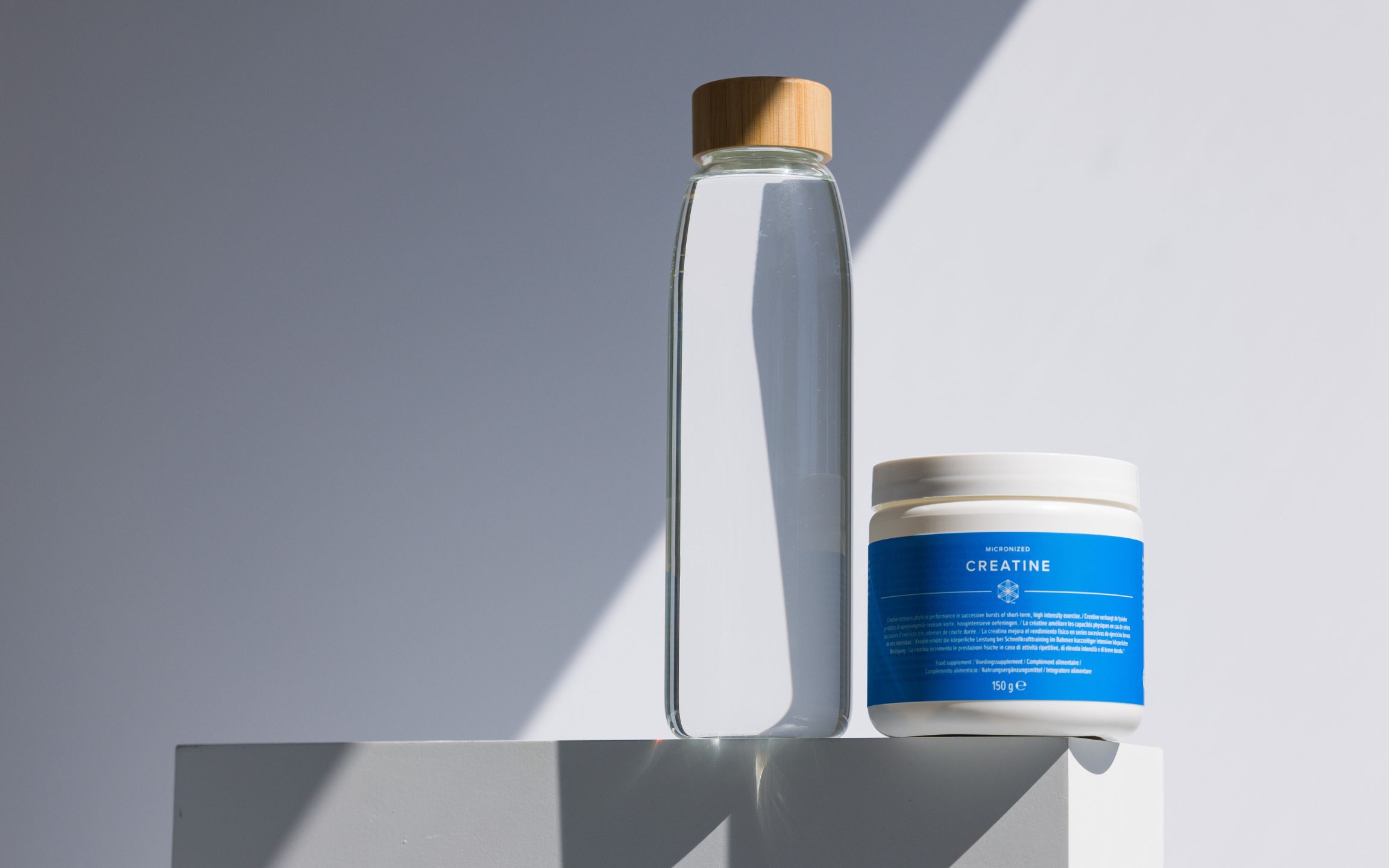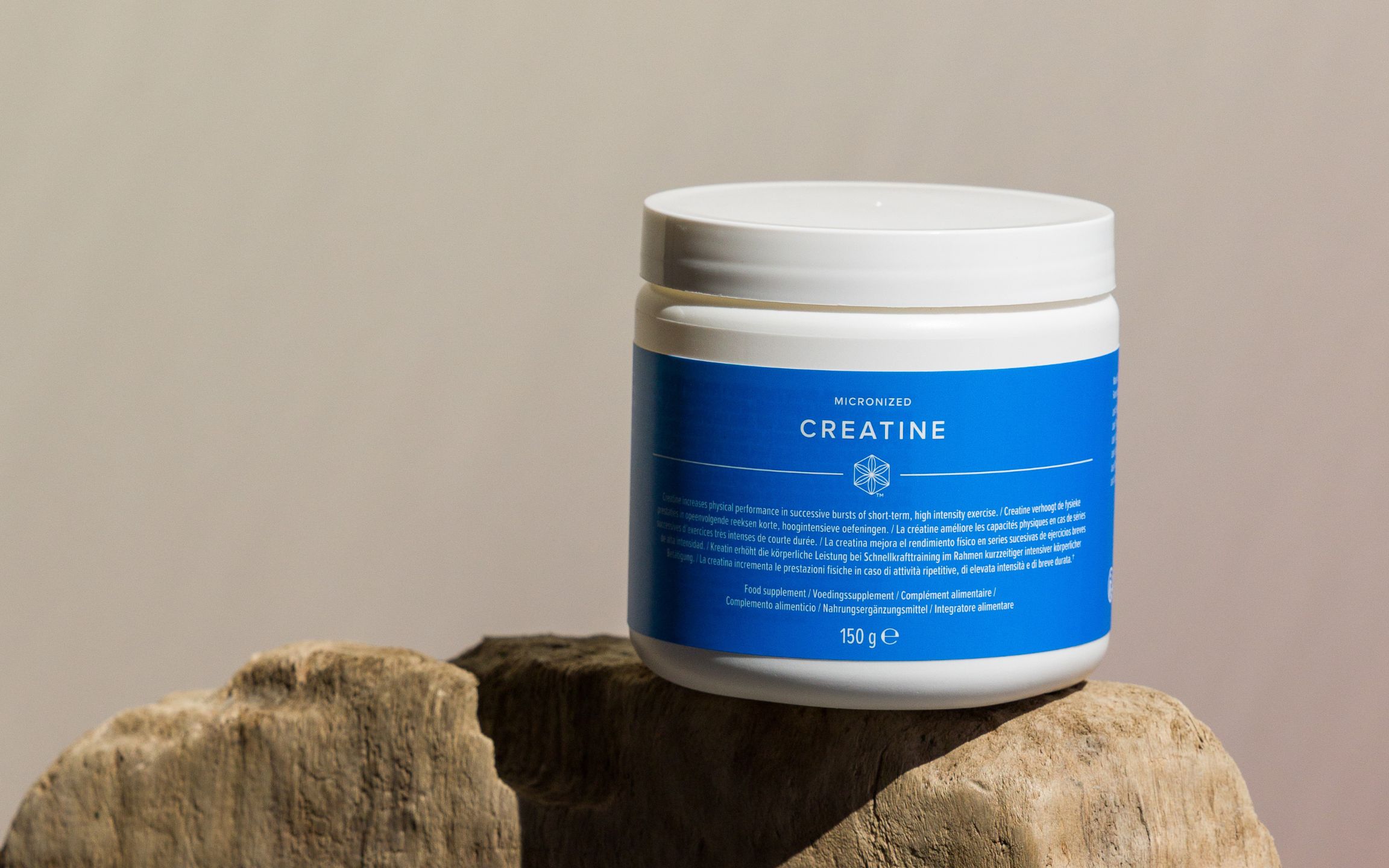How Long Does it Take for Collagen Supplements to Work?
May 23, 2024,
Megan Close

If you’ve just started using a collagen supplement, it’s fair to wonder how long it might take before you begin to notice a difference. The right collagen supplement can deliver visible benefits for healthy skin, but noticeable changes don’t happen overnight.
Collagen peptides are the key skin-supporting ingredient you need to experience benefits like improved skin hydration and elasticity along with a diminished appearance of fine lines and wrinkles. These benefits result from the effect that collagen peptides have on the structure and function of your skin.
Collagen and Skin
The deepest layers of the skin are built from a dense network of collagen fibres. It’s this collagen-rich layer that provides a firm and resilient foundation for a youthful-looking complexion.
A special group of skin cells, known as fibroblasts, builds and maintains your skin’s collagen layer. These hard-working skin cells also create elastin, a type of fibre that gives skin its elasticity and resilience, and hyaluronic acid, a substance that helps maintain skin moisture and hydration.
Skin is exposed to damaging environmental stressors like UV rays from the sun and pollution. Over time, these environmental exposures fragment collagen fibres and deplete the skin of active fibroblasts (1). Slowed collagen synthesis can’t keep up with accumulated damage to collagen fibres, and the result is thinner, drier skin and wrinkles, among other visible signs of ageing (2).
How Collagen Peptides Benefit Skin
Researchers have studied the impact of collagen peptide supplements on skin health for years. Clinical trials consistently show the benefits of collagen peptides for enhancing skin hydration and elasticity as well as promoting a diminished appearance of fine lines and wrinkles (3). Ongoing research is now investigating how collagen peptides benefit the skin in detail, and research suggests that collagen peptides may support skin health in several ways.
Collagen peptides help to accelerate the production of new collagen in the skin by providing ready-to-use building materials that support collagen synthesis. In one study, researchers used advanced imaging techniques to measure the density and fragmentation of the collagen layer of the participant’s skin. After consuming a daily collagen peptide supplement for 12 weeks, participants had a significantly greater collagen density, and significantly decreased collagen fragmentation in their skin (4). These impressive changes resulted from greater building and repair of collagen experienced by the participants in this study.
In addition to promoting collagen synthesis, research suggests that collagen peptides may also support the ability of fibroblasts in the skin to produce elastin, hyaluronic acid, and other factors that benefit skin health (4-6). These effects of collagen peptides may contribute to improved skin elasticity and hydration.
How long will it take to see results?
In one sense, collagen peptide supplements go to work immediately, although you aren’t likely to see changes in the mirror after your first sip. Your skin needs time for rebuilding and renewal, after all.
Many of the best studies on the benefits of collagen peptides for skin health were conducted over 12 weeks (3). Researchers measured substantial improvements in skin health, including greater skin hydration and elasticity and a diminished appearance of fine lines and wrinkles at the end of the 12-week study period.
While the research suggests that on average, significant benefits are measurable after 12 weeks, that doesn’t mean you’ll need to wait for 12 weeks before you start to notice an improvement. Renewal and repair are gradual processes that take time. Skin is one of our most individual and unique features. While research is a great guide to help inform expectations, your experience, like your skin, will be unique to you.
References
- Fisher GJ, Varani J, Voorhees JJ. Looking older: fibroblast collapse and therapeutic implications. Arch Dermatol. 2008;144(5):666-672. doi:10.1001/archderm.144.5.666
- Fisher GJ, Kang S, Varani J, et al. Mechanisms of photoaging and chronological skin aging. Arch Dermatol. 2002;138(11):1462-1470. doi:10.1001/archderm.138.11.1462
- de Miranda RB, Weimer P, Rossi RC. Effects of hydrolyzed collagen supplementation on skin aging: a systematic review and meta-analysis. Int J Dermatol. 2021;60(12):1449-1461. doi:10.1111/ijd.15518
- Asserin J, Lati E, Shioya T, Prawitt J. The effect of oral collagen peptide supplementation on skin moisture and the dermal collagen network: evidence from an ex vivo model and randomized, placebo-controlled clinical trials. J Cosmet Dermatol. 2015;14(4):291-301. doi:10.1111/jocd.12174
- Ohara H, Ichikawa S, Matsumoto H, et al. Collagen-derived dipeptide, proline-hydroxyproline, stimulates cell proliferation and hyaluronic acid synthesis in cultured human dermal fibroblasts. J Dermatol. 2010;37(4):330-338.
- Edgar S, Hopley B, Genovese L, Sibilla S, Laight D, Shute J. Effects of collagen-derived bioactive peptides and natural antioxidant compounds on proliferation and matrix protein synthesis by cultured normal human dermal fibroblasts. Sci Rep. 2018;8(1):10474. Published 2018 Jul 11. doi:10.1038/s41598-018-28492-w




